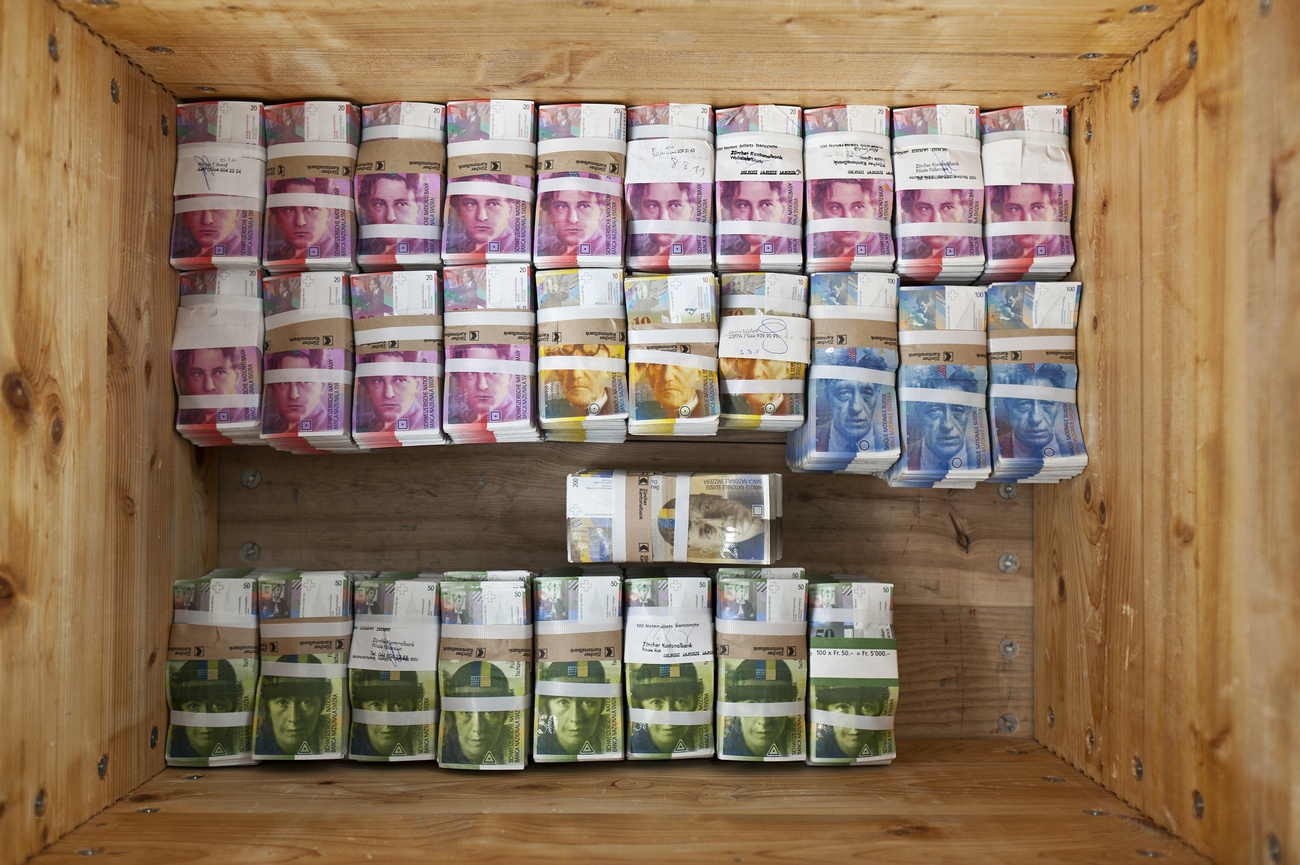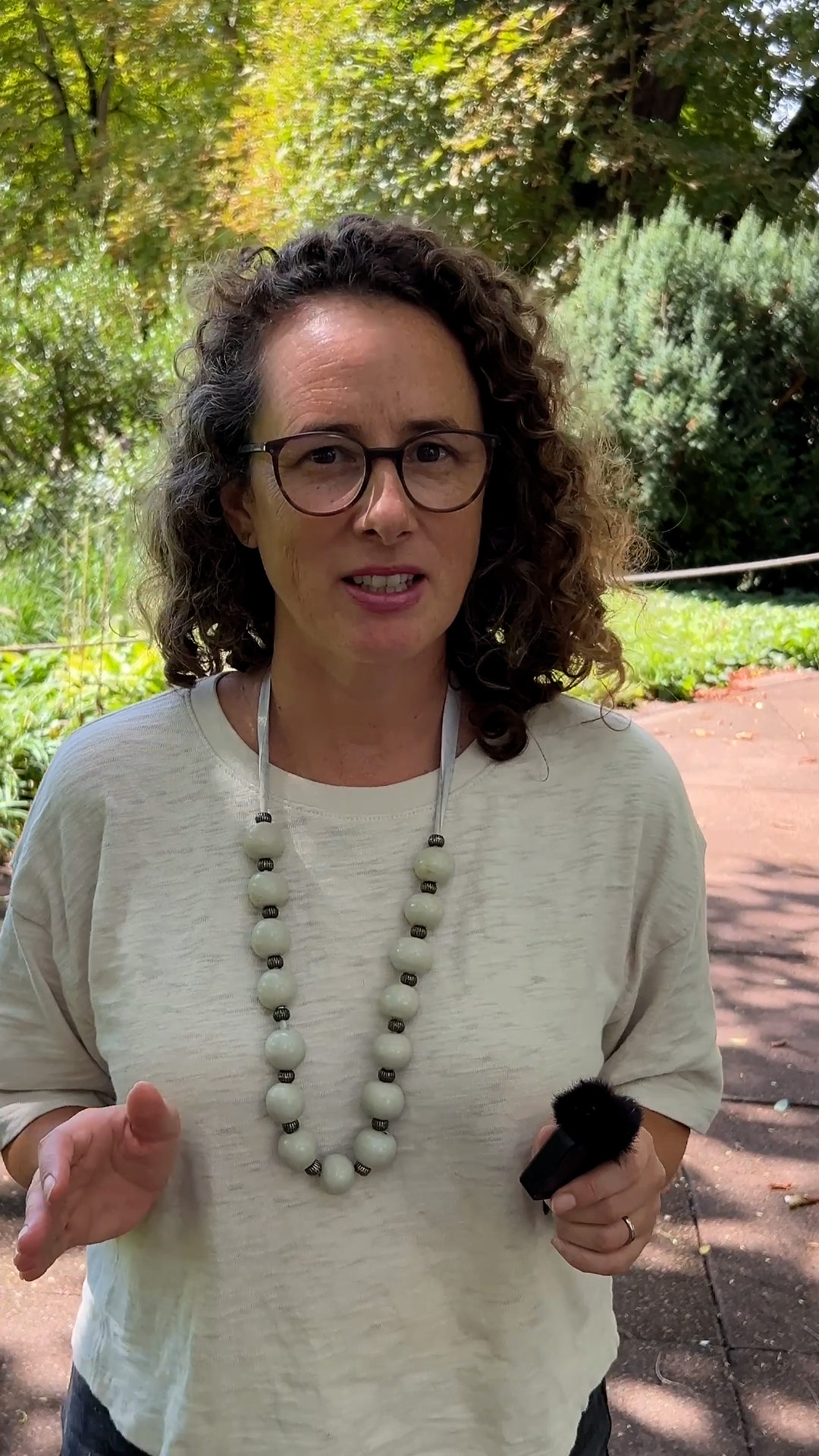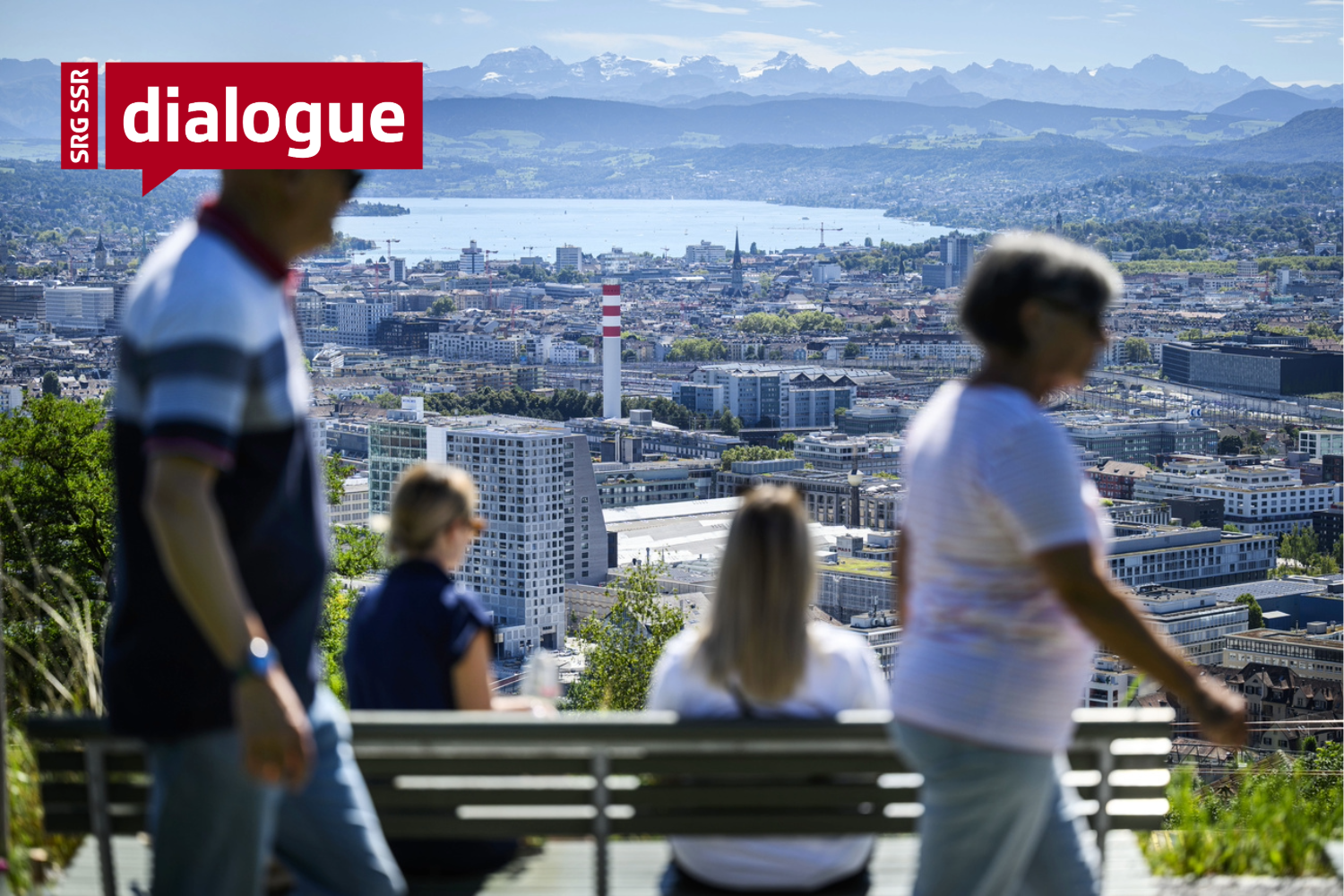
Ski resort falls into British hands

A British businessman is hoping to inject new life into an ailing Swiss ski resort. Bruno Prior recently acquired Ernergalen for the symbolic price of just one franc.
But Prior, a keen skier who helps run a family gravel business, has had to commit to invest around SFr50 million ($46 million) in building up the tiny resort, located near the Aletsch glacier in southern Switzerland.
The 41-year-old, whose family runs a gravel and waste company in Berkshire, is convinced he can turn Ernergalen’s fortunes around.
“We recently sold part of our business and were looking at what to invest in when we saw a copy of the advert in The Times,” he told swissinfo. “It’s a beautiful area and I think there’s a lot of potential for that mountain.”
Ernergalen, which partly belongs to the commune of Ernen in canton Valais, has struggled over recent years to keep up with larger neighbouring resorts that offer more varied skiing, shops and nightlife.
Unable to afford to run the ski lift company, to maintain its infrastructure and to pay its 12 staff, in an act of desperation company president Heinz Seiler placed an advertisement in the Neue Zürcher Zeitung newspaper in April 2007 looking for potential investors.
The original idea of giving away the commune’s 20 kilometres of pistes, four lifts and snow machines for free later changed to a one-franc fee for legal reasons. Prior managed to beat off competition from more than 100 other interested people.
Crisis point
Ernen’s ski lift company usually makes enough money to break even, but a bad winter with little snow can have a big impact on earnings.
The crisis in the picturesque village of just over 500 residents came to a head last season when the company reported losses of SFr200,000.
But funds were also badly needed to renew ski infrastructure – around SFr1.5 million. Health and safety regulations require lifts to be regularly upgraded and repairs have to be carried out if resorts want to renew their operating licences.
Prior’s ambitious project involves a complete re-development of the ageing ski area – extending and replacing infrastructure.
In all, he wants to at least double the size of the current resort, building up to four new lifts, and to develop a large family-friendly ski area. He believes there is also potential to link it to runs in neighbouring valleys.
But what helped swing the locals’ decision, explained Heinz Seiler, is that the British entrepreneur’s project “foresaw 800 new ‘warm’ hotel beds that create jobs”, rather than “cold” beds, or empty secondary residences – a common problem for Swiss resorts.
“We are prepared to stick it out long term,” said Prior. “It was a relatively straightforward decision for them.”
The developers expect the number of visitors – currently 90,000 overnight stays – to increase four- or even five-fold.
Fingers crossed
Prior is not too worried about the impact of global warming, which he describes as an “opportunity” rather than a risk.
“If you look at the local ski area generally, it’s all fairly high – round about 1,800 metres,” he said. “Global warming is bad for skiing in general. Lower resorts will suffer and some will close, but I don’t think people will stop skiing and higher resorts will have bigger markets to draw from.”
Seiler is meanwhile keeping his fingers crossed, as the project is not yet 100 per cent certain.
They are currently working out the fine details to submit to the cantonal and federal authorities to get a new operating licence. This application process takes a minimum of nine months and may result in local opposition, particularly from environmentalists.
But the atmosphere in the village remains up beat.
“Everyone is very curious to know what’s going to happen and they’re very tense, but also very happy. If it really goes ahead it’ll be a huge step into the future for our region,” he said.
swissinfo, Simon Bradley
Ernen, with its two neighbouring parishes of Mühlebach and Steinhaus, is one of the most attractive villages in the eastern part of the Valais region. In 1979 it received the “Henry-Louis Wakker” heritage award in recognition.
The Ernergalen ski area, which is accessible via a short bus ride from Ernen, has four lifts and offers slopes from 1,200 to 2,300 metres above sea level.
The combined Aletsch/Ernergalen regional ski pass allows skiers to explore 100 kilometres of slopes.
The commune has 540 inhabitants, the majority of whom depend on the tourist industry. Ernen has 2,400 beds for tourists.
The ski season runs from December 22 to March 3.
There are 650 mountain transport and ski lift companies in Switzerland.
With 11,000 employees, they are a key economic factor in mountain regions.
The companies have a combined annual turnover of approximately SFr840 million, of which around 25% is reinvested in maintaining or purchasing new infrastructure.

In compliance with the JTI standards
More: SWI swissinfo.ch certified by the Journalism Trust Initiative











































You can find an overview of ongoing debates with our journalists here . Please join us!
If you want to start a conversation about a topic raised in this article or want to report factual errors, email us at english@swissinfo.ch.